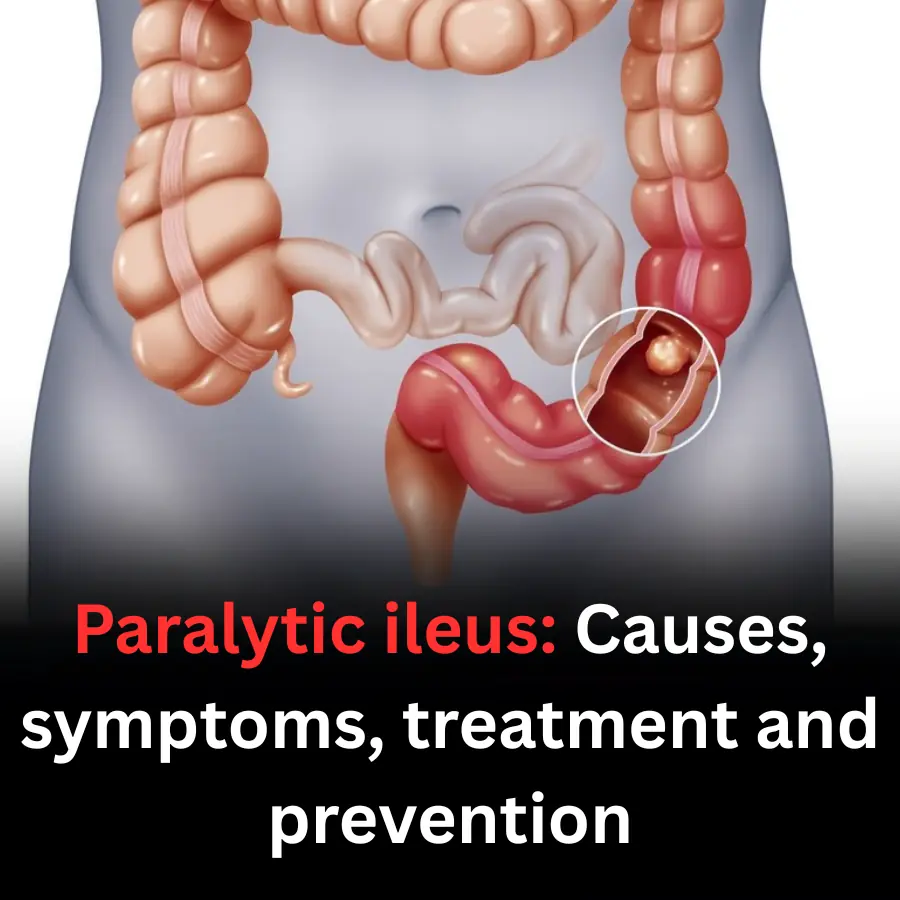
What happens to your bo.dy when you frequently stay up late?

Staying up late can negatively affect your health and lifespan. Pay attention to this!
What Ha.rm Does Staying Up Late Do to the Bo.dy?
1. Increased Risk of Obesity
A study from Fuwai Cardiovascular Hospital of the Chinese Academy of Medical Sciences and the Chinese University of Hong Kong surveyed over 136,000 middle-aged and elderly people across 26 countries. The results showed that those who frequently stay up late and have inadequate sleep are at a significantly higher risk of gaining weight. Notably, making up for sleep during the day cannot completely eliminate this risk.
Participants aged 35 to 70, with an average age of 51, were divided into 5 groups based on their bedtime:
-
Group 1: From 6:00 PM – 8:00 PM
-
Group 2: From 8:00 PM – 10:00 PM
-
Group 3: From 10:00 PM – 12:00 AM
-
Group 4: From 12:00 AM – 2:00 AM
-
Group 5: From 2:00 AM – 6:00 AM
Compared to those who went to bed between 8:00 PM and 10:00 PM, people who went to bed after 10:00 PM had a 20% higher risk of obesity and abdominal fat accumulation. Particularly, those who went to bed after 2:00 AM had a 35% increased risk of obesity and a 38% increased risk of belly fat.
Moreover, the study also pointed out that sleeping less than 5 hours per night could increase the risk of obesity by 27%. Taking naps during the day cannot fully compensate for the damage caused by lack of sleep at night.
Therefore, to protect your health, you should maintain a habit of going to bed before 10:00 PM each night. Don’t let staying up late silently harm your bo.dy.
2. Staying Up Late Causes 13 Chronic Diseases
A study published in Nature Medicine revealed that inadequate sleep, oversleeping, irregular sleep schedules, or having too little deep sleep can increase the risk of 13 chronic diseases.
These diseases include: high blo.od pressure, depression, sleep disorders, anxiety, hypothyroidism, high cholesterol, obesity, bipolar disorder, gastroesophageal reflux disease (GERD), obstructive sleep apnea, asthma, migraines, and atrial fibrillation.
3. Lack of Sleep Can Shorten Your Lifespan
Researchers from the Beijing Life Science Institute and the Interdisciplinary Biomedicine Research Institute at Tsinghua University warn that prolonged sleep deprivation not only harms health but can also threaten life.
Specifically, if you don't sleep for 4 consecutive days, your body will enter a state of severe inflammation, potentially leading to a mortality rate of up to 80%.
What to Add to Improve Sleep?
To achieve deeper and higher-quality sleep, you can add the following foods to your diet:
-
Whole Grains: Foods like oats and brown rice are rich in B vitamins and fiber, which help stabilize blood sugar, reduce stress, and improve sleep quality.
-
Probiotic Foods: Yogurt and fermented foods help balance the gut microbiome, a factor closely linked to sleep.
-
Foods Rich in Vitamin D: Vitamin D supports the regulation of the sleep-wake cycle. You can find this vitamin in salmon, mackerel, cod liver oil, and egg yolks.
-
Foods Rich in Omega-3: Omega-3 fatty acids are beneficial for the brain and sleep. Add sources such as salmon, tuna, walnuts, flaxseeds, and chia seeds.
News in the same category


Do Birth Control pi.lls Cause Stro.ke in Women? Important Safety Reminders When Using Contraceptive pi.lls

Dull abdominal pain, abdominal pain around the navel, be careful because you may have this disease

Paralytic ileus: Causes, symptoms, treatment and prevention

8 Early Warning Signs of Kid.ney Failure – Young People Should Also Stay Alert

7 Persistent 'Minor Illnesses' That May Signal Can.cer – Don’t Ignore Them!

5 types of drinks that help lower blo.od sugar quickly

Experts explain why sleeping in a car can be f.a.t.a.l

Many people still have the habit of drinking these beverages daily

This vegetable de.stroys more than 90% of ca.ncer cells, but everyone thinks it is a wild vegetable without paying attention

7 foods that kill cancer cells

When the Liver Is Unhealthy, the Body May Show '3 Yellows and 1 Red'

Signs of cancer from black spots on the feet

Two young female stroke patients, the cause was long-term use of this drug

Which Is the Most Nutritious: Chicken Eggs, Duck Eggs, Goose Eggs, or Quail Eggs?

A 5-Minute Test That Could Save Thousands of Lives Every Year: Who Should Get It Done Immediately

Fig Leaves: A Natural Antidiabetic

3 sisters over 100 years of age share their reasons for a long and healthy life

69-year-old man d.i.es after drinking coconut water: URGENT warning about a mistake
News Post

Be sure to unplug to reduce electricity bill

Add One of These 3 Ingredients to Your Rice Cooker – You’ll Never Want to Cook Rice the Old Way Again

Cooking Eggs the Wrong Way Can Be Like "Poi.soning" Your Body – Mistake #2 Is Especially Common!

Why Do Healthy People Suddenly Die After Being Diagnosed with Can.cer? Doctors Explain the Reasons

Do Birth Control pi.lls Cause Stro.ke in Women? Important Safety Reminders When Using Contraceptive pi.lls

Dull abdominal pain, abdominal pain around the navel, be careful because you may have this disease

Paralytic ileus: Causes, symptoms, treatment and prevention

Don't Just Use Sugar and Fish Sauce for Marinated Grilled Meat — Add This Liquid for Tender, Flavor-Packed Pork You’ll Never Forget

A Logic Puzzle That Stumped Many — Can You Solve It?

8 Early Warning Signs of Kid.ney Failure – Young People Should Also Stay Alert

Your Phone's Volume Buttons Aren’t Just for Adjusting Sound: 5 Hidden Functions You Might Be Missing

7 Persistent 'Minor Illnesses' That May Signal Can.cer – Don’t Ignore Them!

Here’s What Happens When You Use Vaseline as a Moisturizer

5 types of drinks that help lower blo.od sugar quickly

Great tip every family needs

Experts explain why sleeping in a car can be f.a.t.a.l

Many people still have the habit of drinking these beverages daily

This vegetable de.stroys more than 90% of ca.ncer cells, but everyone thinks it is a wild vegetable without paying attention
